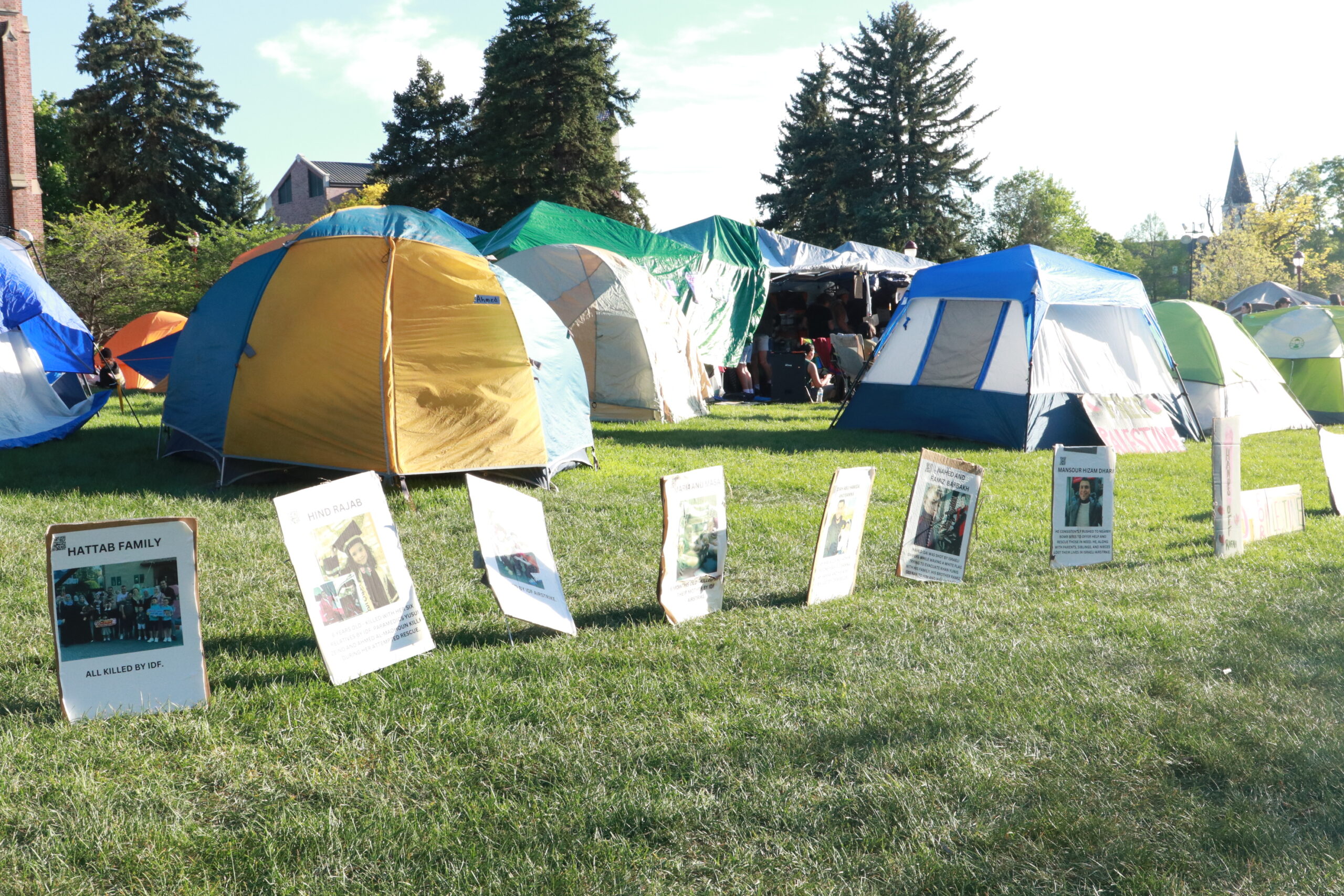Only 1 in 4 students at the University of Denver have signed up for the Critical Incident Notification System, which would notify students in a blanket text message about an emergency on campus.
“We had pretty good enrollment to start with, but then it began to taper off,” said Director of Campus Safety Don Enloe.
Last week only 2,981 people had registered, including 2,360 undergraduate and graduate students, 159 faculty and 462 staff members. The numbers reveal a little over 21 percent of all graduate and undergraduate students are signed up to receive the alerts.
The Critical Incident Notification System was activated in September following the Virginia Tech shootings earlier this year.
DU implemented the system to be able to immediately contact large numbers of the university community through email, voice mail, and text messaging.
Those registered must pay individual text message fees, which vary according to cell phone plans and carriers.
To encourage more people to join, Campus Safety has started an aggressive marketing campaign in collaboration with various university departments including Risk Management, UTS, Office of the Registrar and Office of University Communications.
The goal of the plan is to have 6,000 to 7,000 DU community members signed up for the program by Nov 1. Campus Safety believes 60 to 70 percent enrollment is realistic.
“We are really making a big push to get the word out there,” said Enloe.
E-mails have been sent out to all students, faculty and staff with a DU e-mail address informing them about the system. As an incentive to sign up, on Nov. 8, Campus Safety will randomly select three individuals registered by Nov. 1 to receive iPods.
In addition, from Oct. 24 to Oct. 31 tables will be set up at various locations throughout campus, giving people the opportunity to register on a designated laptop.
“Everyone has been really positive about the program, and we have made a lot of progress in the last week,” said Campus Safety Sgt. Stephen Banet, who worked at the registration table.
Despite their efforts Campus Safety has encountered many individuals who simply refuse to join. At the Campus Safety table in Penrose Library last Sunday, 51 people had signed up for the system after three and a half hours.
However, 15 people refused. The majority of the students that were unwilling to sign up said they didn’t have time or didn’t need it.
Danielle Robson, a graduate student at DU, declined the opportunity to receive emergency alerts because she felt the notification system was not necessary for her to have.
“I am working on my thesis right now, so I am barely ever on campus,” said Robson. “It just doesn’t really make sense to have it if I’m never here.”
Confusion about the Critical Incident Notification System, including who can enroll as well as what the system will be used for, is another factor inhibiting student and faculty enrollment.
Adam Schrager, an adjunct journalism professor, was unsure if he was eligible for the program.
“I think it’s a great idea because I’m always in campus buildings,” said Schrager. “I just haven’t signed up because I didn’t know if I could.”
Misconceptions about what type of information will be sent is an issue Campus Safety is eager to clear up.
“We are not going to allow the system to be used for junk mail,” said Enloe. “It is for emergencies and urgent information, not an advertising forum.”
To register for the Critical Incident Management System students should visit MyWeb located through WebCentral.
For more information go to www.du.edu/risk.











